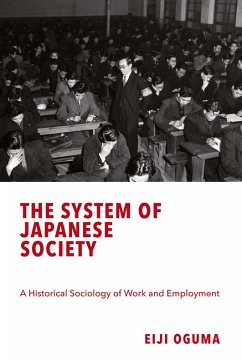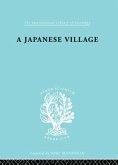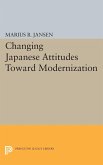In developed countries, non-regular employment in the labor market is increasing and the gap between rich and poor is widening. Gender inequality in employment is also often an issue. Japan is no exception. In recent years, the dual structure of the employment market has become problematic. A systemic rigidity has created an employment environment that is so different between regular and non-regular employment, and between large and small enterprises, that it is difficult for employees to move beyond these hierarchical boundaries. This book has two main aims: first, statistically revealing the dual structure of employment that has been created by the Japanese-style employment system; and second, tracing the historical process to the formation of Japan's unique employment practices under the influence of governmental bureaucracy and military culture. This process is compared with the history of employment systems in the US and Europe. Through this book, readers will gain a deeper understanding of the issues facing Japan by learning how the system of Japanese society, including employment, education, social security, social welfare, and gender inequality, was established historically.
Hinweis: Dieser Artikel kann nur an eine deutsche Lieferadresse ausgeliefert werden.
Hinweis: Dieser Artikel kann nur an eine deutsche Lieferadresse ausgeliefert werden.








